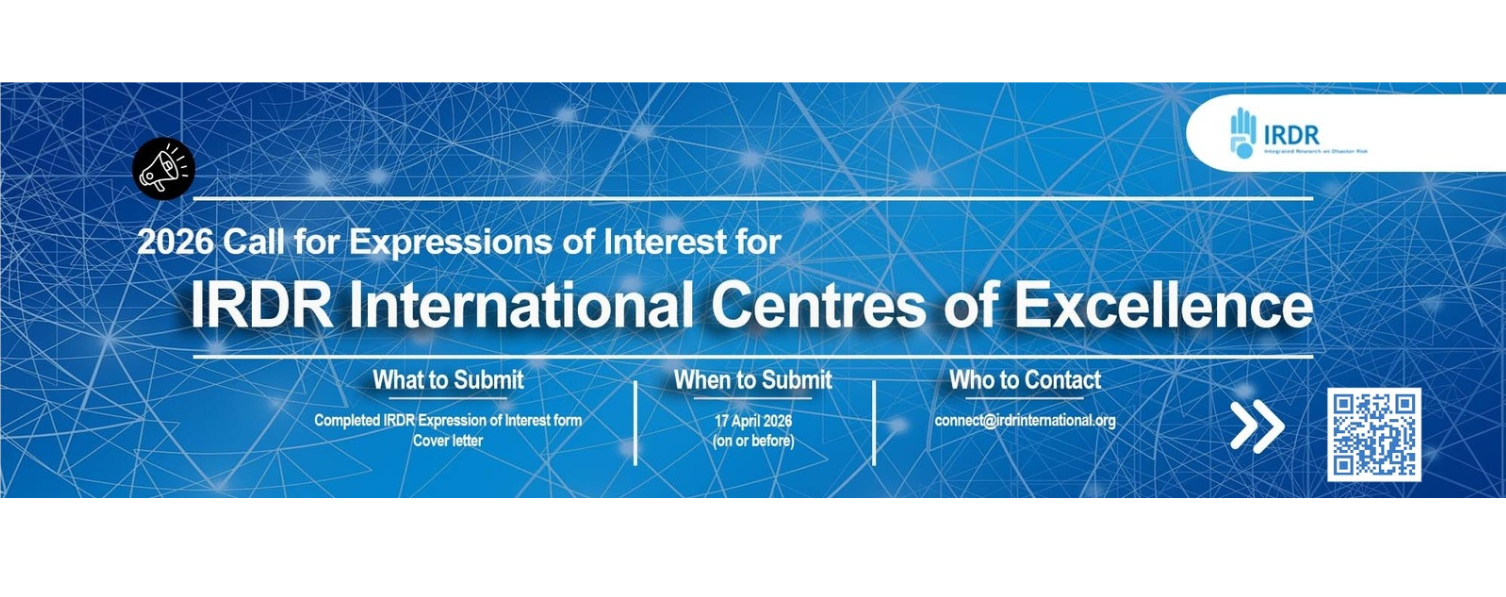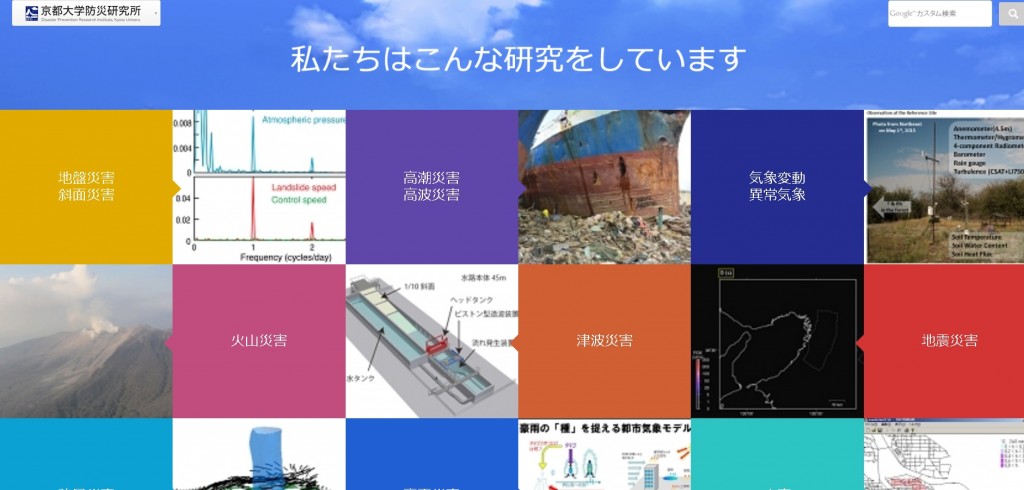Hosted at RADI’s Kashgar Campus in Xinjiang Province, China, the 5th edition of the SCO summer schools, under the title “Remote Sensing and Sustainable Development” from 20 July – 6 August 2014, builds on the 2012 “Kashgar Declaration” which had outlined the strategy to promote research and applications in Remote Sensing (RS) among the Shanghai Cooperation Organization(SCO) member countries. In the meantime, a network of Earth Observation Stations and expert institutions has already been established in the region.
In order to further promote science and technology cooperation among SCO member and observer countries, the Chinese Academy of Sciences (CAS) launched the SCO National Academies of Sciences Summer School for Young Scientists in 2009. With a view to further strengthening the capacity building among early- and mid-career scientists in advanced RS technologies and applications, this two-week summer school brings together experts from various institutions to share with the trainees their experiences and knowledge. RS applications have enabled the mapping, monitoring and management of resources, environmental change and disasters, and are a key technology component behind many IRDR-related projects.
This 5th edition of the Summer School in 2014 will be held in collaboration with the CAS-TWAS Centre of Excellence on Space Technology for Disaster Mitigation (SDIM), and will bring together early- and mid-career scientists from SCO countries. Invitations for nominations had been sent to the National Academy of Sciences of the Republic of Kazakhstan, the Uzbekistan Academy of Sciences, the National Academy of Sciences of the Kyrgyz Republic, the Academy of Sciences of the Republic of Tajikistan, the Siberian Branch of the Russian Academy of Sciences, the Mongolian Academy of Sciences, the Pakistan Academy of Sciences and the Academy of Sciences of the Islamic Republic of Iran. Policy-makers and managers from these countries, wishing to expand their understanding of RS science and technologies, have also been invited to apply for participation.
Next to courses, lectures and discussions, as well as laboratory practice, the programme also includes field trips (RS technology campus and facilities; eco-environments of the arid and semi-arid regions; cultural heritage sites of ancient Silk Road).
IRDR strongly supports initiatives such as this that aim at bringing leading early- and mid-career scientists and policy-makers from SCO countries together in an effort to create links between advanced RS technologies and disaster risk reduction practices and policies. IRDR-China is, through RADI, a partner in this event.
For more information, see: http://english.radi.cas.cn






